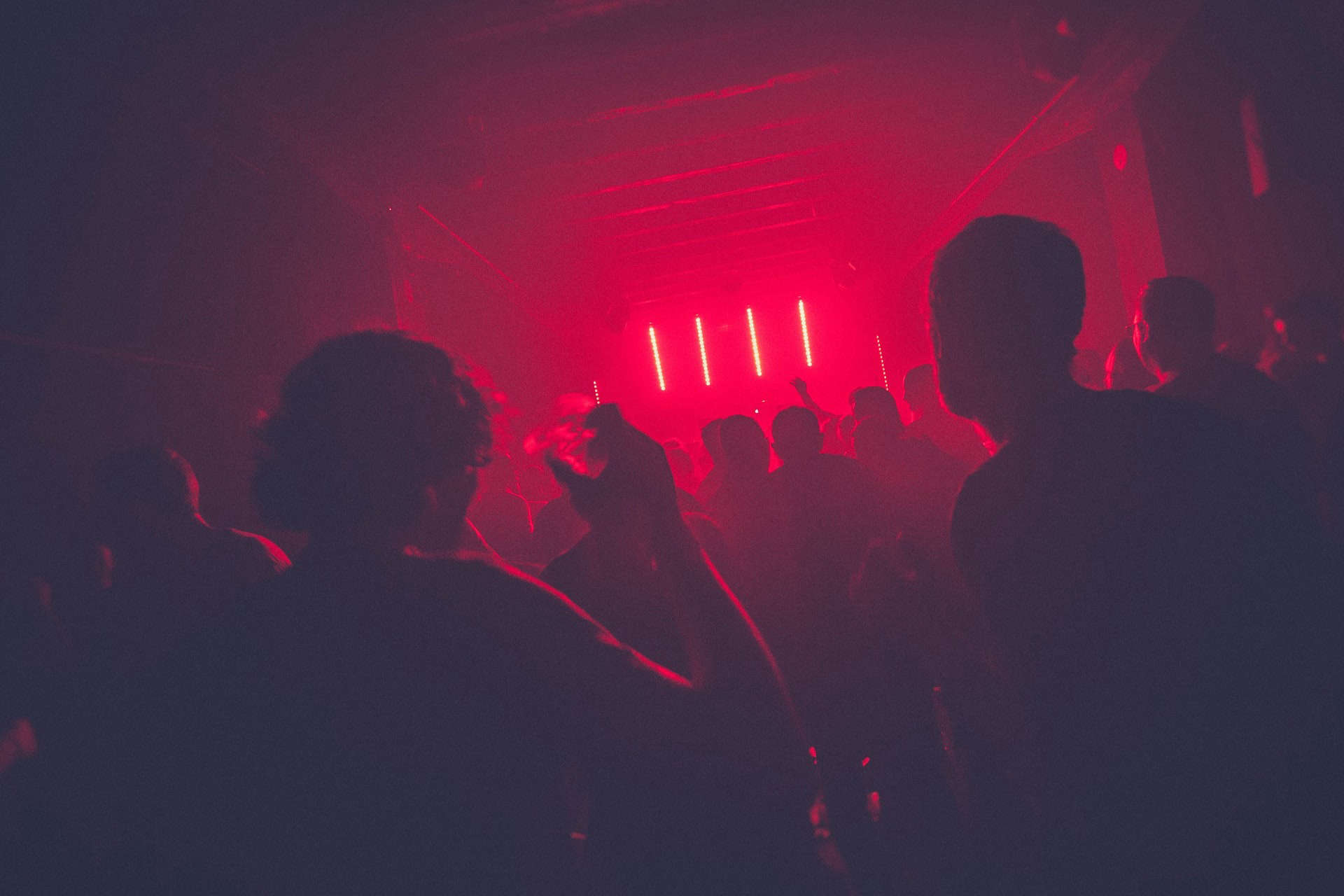
Plymouth survey ends today
As the deadline approaches for people to give their views on safety for women and girls in Plymouth, students in the city have been speaking about their experiences of sexual harassment and lack of confidence that perpetrators will be brought to justice.
Plymouth City Council set up the Violence Against Women and Girls (VAWG) Commission in November following the abduction and murder that month of 18 year-old Bobbi-Anne McCleod, for which a man is due to stand trial, and the Keyham shootings in August. In Keyham, Jake Davison had expressed resentment and hatred towards women, before killing five people. One of them, Sophie Martyn, was just three years-old.
The council’s online survey closes at midnight tonight, Tuesday 15 February. It asks for people’s experiences and their recommendations about what needs to be done.
But although the commission is broadly welcomed, some young women in the city talk of a culture of harassment and misogyny and say it will take at least a generation to see significant change.
Izzie is the women’s officer at Plymouth Marjon University Students’ Union and said women and girls are scared. “Personally, I don’t feel safe, unless I’m with a big group of people,” she said.
“I would never feel safe on my own, regardless of time around Plymouth, especially not at night time.
“I think there’s been a lot of concerns raised about nightlife in particular, especially in regards to spiking.”
Izzie described an attack she suffered last year. “I was injected a few months ago, which was a horrible experience and that’s made me feel even more uneasy around Plymouth.
“I was at a popular nightclub in Plymouth and just enjoying my night. I hadn’t had that much to drink.
“I had a lecture next morning, so I was trying to be sensible. And then within 20 minutes, I couldn’t move any of my muscles.
“I had injection marks on my arm. I got rushed into an ambulance and to Derriford hospital and woke up there with no recollection of what had occurred and then had to go and speak to the police about that experience.”
Another student, Isabel, was shocked at Izzie’s experience. “That’s such a weird way for men to express power over women by just injecting women they don’t know with a drug,” she said.
“You wouldn’t go to a mate and inject heroin into their arm. So, why would you do that to a complete stranger in a nightclub where people go to have a good time and have fun?”
And Isabel admitted that, despite Plymouth having a lower levels of violence than comparable areas, she did not feel safe either.
“I am safer than in most other cities. I’m very lucky to live in Plymouth. So, to a degree I am safe.
“If I go out for a run now, I will text people that I’m going out for a run.
“So, if I don’t come back home, they know I’m not safe. I try to run in the daytime. If I’m out at night, I’ll always walk back with a man because you can’t back with another woman because you never know what will happen.
“And I feel okay in nightclubs because I always keep my drink in my hand.”
Daniella, another student in Plymouth, said incidents had become so commonplace that it was hardly worth reporting them. “I think we need to look a lot of what’s being unreported, so as a woman, I don’t report much at all,” said Daniella.
“I reported something recently that was a quite serious incident and I haven’t left my house alone since.
“I’ve constantly had male friends walking me and escorting me to different places because I don’t feel safe in the city at all.
“I still go on nights out but I don’t drink, and I’m constantly with large groups of people, particularly men that I feel safe with because I just don’t feel safe as a woman by herself.
“I got cat-called when I did walk by myself, on average, twice a day.
“Every time I’ve gone to a nightclub, no matter what the nightclub, even in pubs, I’ve had men grope me and grab me and – it sounds terrible – but I don’t necessarily think much of it anymore because it is such a common occurrence.”
As well as physical assaults, Daniella explained that she has been sent numerous explicit images – some from people she knows.
“In my experience, yes, I’ve had them from some strangers, but I’ve also had them from people on my university course and people that I work with … and it’s so much more difficult to report things like that because, when it’s someone I’m going to have to see day in and day out, it’s easier to let it slide.”
But Daniella said she doesn’t always consider the men who send such images to be dangerous. “Quite often it just comes down to uneducated people.
“A lot of men that I know and even men that I’m friends with have sent unsolicited d*ck pics and have made unsolicited moves on a woman, and they’ve not done it with any malicious intent. They’ve just been taught that if you want something, you get it.
“And that’s the kind of privilege that men have.”
The gunman who shot dead five people in the Keyham area of Plymouth last August was known to have shared hate-filled views on Reddit forums used by so-called ‘incels’, who express hostility mainly towards women.
Daniella had been aware of incels for some time. “I knew the Keyham shooter and I knew the different groups that he was part of,” she explained.
“And I know a lot of men and I know a lot of friends and people that have been a part of that incel culture because online you just kind of get roped into these conversations.
“And online there isn’t so much judgment. It’s not so face to face.”
Isabel welcomed the setting up of the Commission on Violence Against Women and Girls but said it could take a generation to achieve significant change.
All the students felt it was important to educate people from a very young age.
Daniella had worked with children’s charities and said they had often discussed when such matters should be introduced to children.
“We did talk a lot about how it should be used in primary schools,” she said.
“Not sex education. We’re not teaching primary school sex education, but just the simple things of if a young girl in primary school says she doesn’t want the boy to touch her – that’s basic consent.”
All the students were hopeful that the commission could make a difference in time but that there were key areas which needed addressing.
Izzie want a greater focus on victims. “I would hope it’d increase support for women that have been victims of violence and for perpetrators to be held accountable.
“It’s such a frequent occurrence that it gets brushed under the rug and I feel like it should be something that gets its attention raised more than it does at the moment.”
For Izzie it is also about feeling confident that the police and other agencies take reports more seriously.
Despite being injected with a suspected date-rape drug in a Plymouth nightclub, Izzie felt the police failed to investigate it properly. “I mean, there was CCTV that didn’t get checked.
“The case didn’t get taken further when it could have been. Sufficient evidence that was brushed under the rug.”
Devon and Cornwall Police were approached about the suggestion they did not investigate the events fully but said they were unable to comment without further information.
All three students rely on small groups of men, who they trust, just to be able to undertake many normal day-to-day activities. But they rejected any irony they were depending on help from the very section of society who are likely to be the perpetrators of attacks.
Izzie said: “I feel, as women, we we put our trust into men, so I’m quite fortunate that I live in a flat of guys. I trust all of them.
“That’s not to say I’ve never been in a situation where a man I’ve trusted has put me in a position where I can’t trust them any more with violence or harassment.”
She added that it could be many years before women and girls feel safe to go out independently.
Daniella said needed a group of male friends around her had become a way of life. “I am so in a routine of being surrounded by these four or five men that I trust, that I can’t see myself going out necessarily without them any more.
It’s so part of my routine that I cannot walk home without them and I cannot go out until I know that I’ve got a way home planned,
“I have to think about what I’m going to wear, when I’m going to wear it, where I can wear it.
“It’s so part of my life now and I think so many girls feel the same way that that is the structure that they have to follow.”
But Daniella added that she isn’t entirely safe even with her friends. “A lot of close friends have made sexist comments, have made inappropriate moves and sent inappropriate pictures,” she said.
“And it’s really difficult because if I cut off every single man that I know has done something along those lines I don’t think I’d have any men in my life.”
Isabel repeated her calls for the focus of the commission to be on education and mental health.
“Because men can also go through hardships and aren’t taught to talk about things … and rape culture as well. It’s often about ‘joking with the lads.’
“It’s just introducing it, educating people and just introducing it bit by bit. And then maybe by the next generation we will see violence against women decrease.”
Izzie agreed and said: “You can’t have prevention without education. How are you expecting change if we’re not teaching change?”
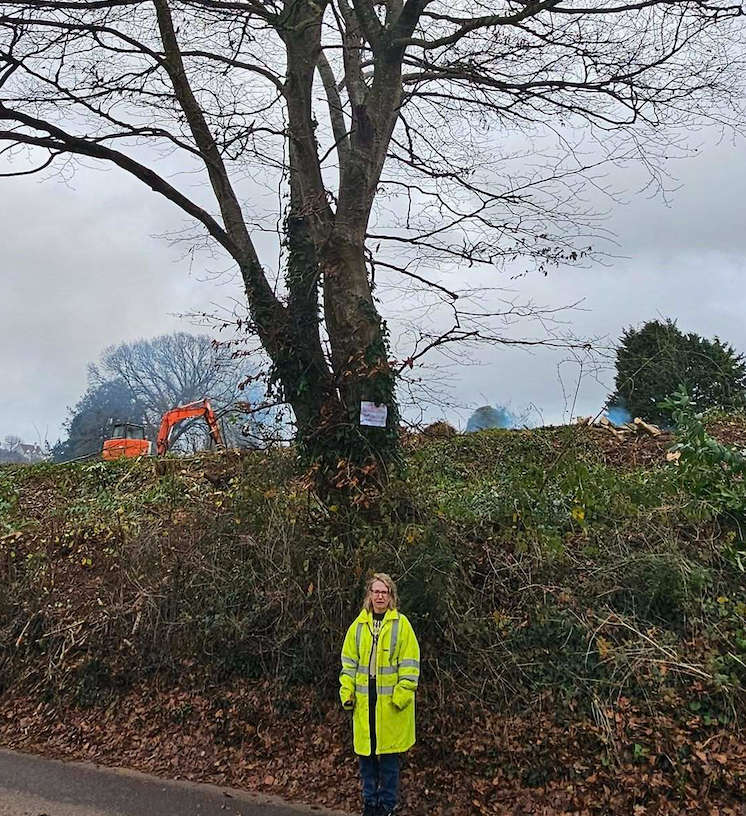 Councillor stands under trees to stop chainsaw massacre
Councillor stands under trees to stop chainsaw massacre
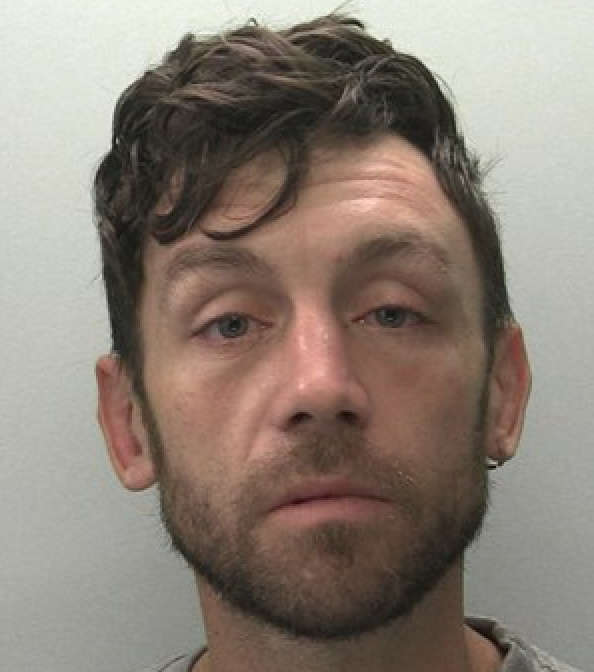 Three years jail for charity box thief
Three years jail for charity box thief
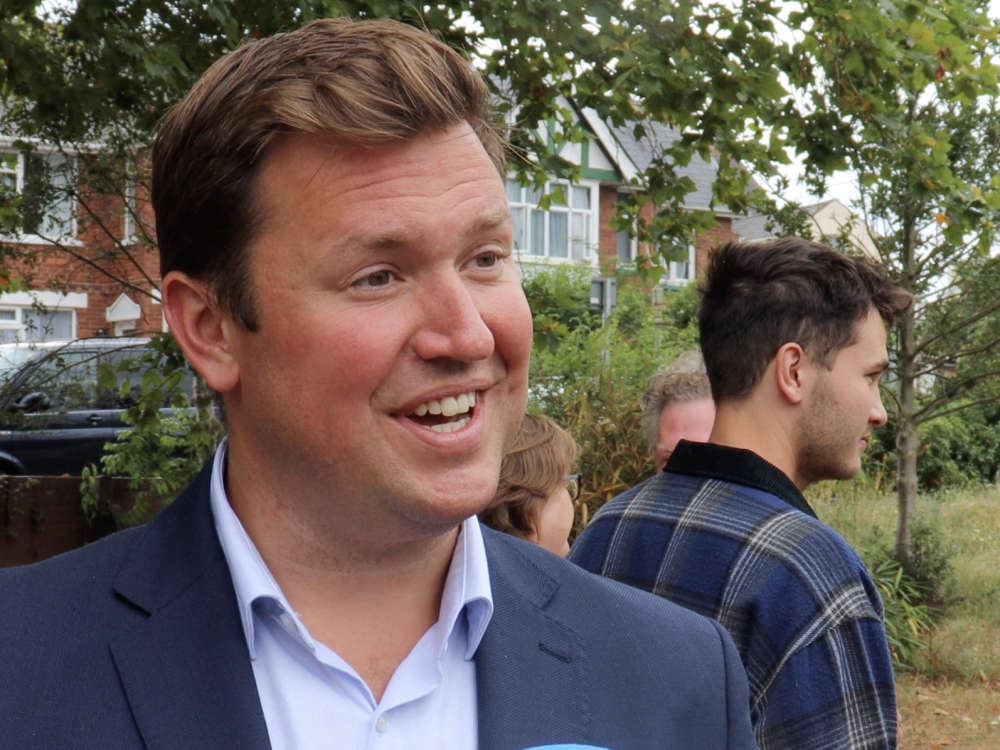 Spat over whether 'inadequate' children's services are as bad as MP suggests
Spat over whether 'inadequate' children's services are as bad as MP suggests
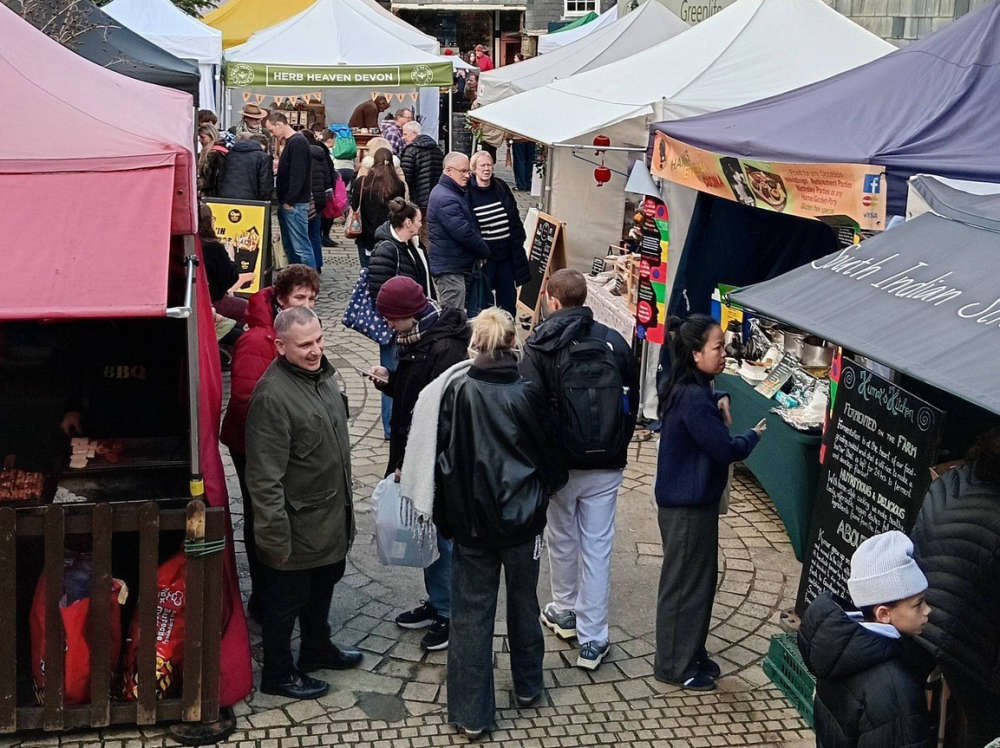 Totnes market not opening in Christmas week
Totnes market not opening in Christmas week
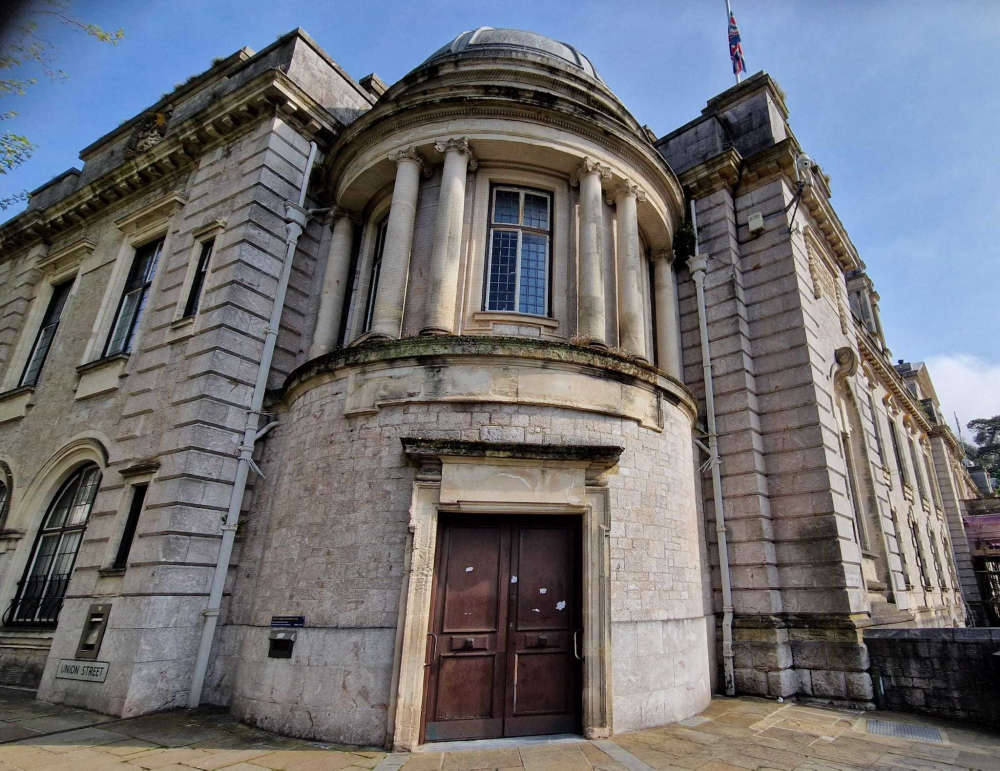 Torbay adult social care rated 'good'
Torbay adult social care rated 'good'
 Hospitals brace for Junior Doctor strikes
Hospitals brace for Junior Doctor strikes
